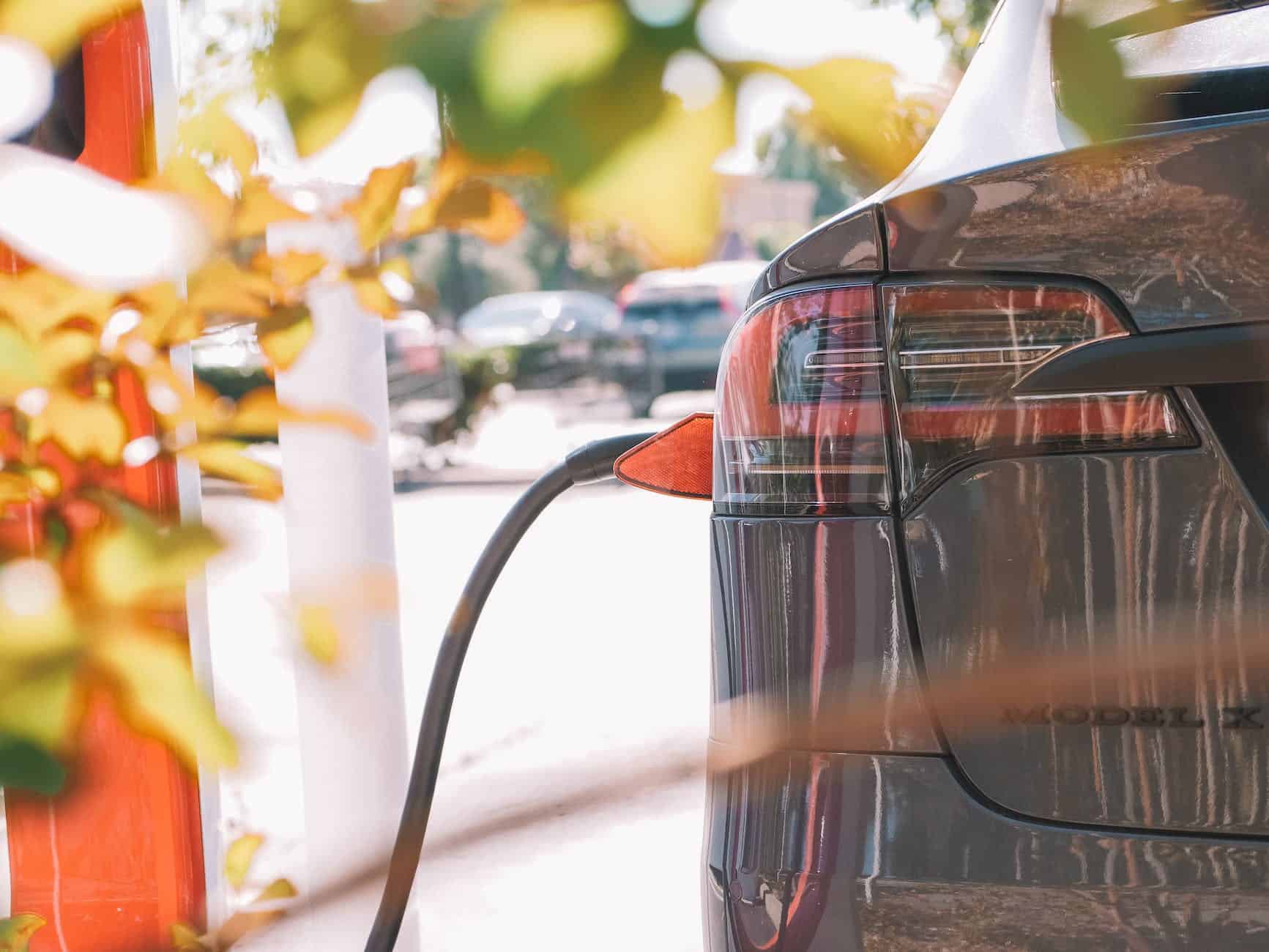From 1 January 2024, electric vehicles (EV) will be taxed like their petrol and diesel equivalents, announced Switzerland’s Federal Council this week, reported RTS. Photo by Kindel Media on Pexels.comCars imported into Switzerland suffer a 4% tax. EVs are currently exempted from this tax. From the beginning of next year all cars including EVs will be taxed. The exemption, introduced in 1997, was designed to increase the rate of uptake of electric cars. However, on Wednesday the Federal Council said it is a superfluous incentive. I believes that EV sales will rise without the talk break. EVs also use the roads and the tax is used to fund road infrastructure. In addition, the government has been looking for ways to reduce the federal government deficit. Removal of the exemption is
Topics:
Investec considers the following as important: Business & Economy, Editor's Choice, Electric cars Switzerland, environment, Personal finance
This could be interesting, too:
Investec writes The global brands artificially inflating their prices on Swiss versions of their websites
Investec writes Swiss car insurance premiums going up in 2025
Investec writes The Swiss houses that must be demolished
Investec writes Swiss rent cuts possible following fall in reference rate
From 1 January 2024, electric vehicles (EV) will be taxed like their petrol and diesel equivalents, announced Switzerland’s Federal Council this week, reported RTS.

Cars imported into Switzerland suffer a 4% tax. EVs are currently exempted from this tax. From the beginning of next year all cars including EVs will be taxed.
The exemption, introduced in 1997, was designed to increase the rate of uptake of electric cars. However, on Wednesday the Federal Council said it is a superfluous incentive. I believes that EV sales will rise without the talk break. EVs also use the roads and the tax is used to fund road infrastructure. In addition, the government has been looking for ways to reduce the federal government deficit.
Removal of the exemption is expected to bring in between CHF 2 – 3 billion over the six years from 2024 to 2030. The foregone tax for 2023 is estimated to be between CHF 100 – 150 million. As the expected purchase of EVs rises, so will tax collected.
In 2018, only 8,000 EVs were imported into Switzerland. In 2022, there were 45,000, a six-fold rise in four years.
In addition to taxing EVs, the portion of taxes on petrol and diesel that is used to fund roads will temporarily be diverted to the main tax pot to help plug the current hole in federal finances. This arrangement is likely to continue until at least 2028.
Switzerland’s public spending has been growing faster than revenue. Since 2019, federal government debt has grown by a round a third. In 2022, social welfare (33%), financing (14%), transport (11%), education and research (8%), security (6%), foreign relations (4%) and farm subsidies (4%) made up 80% of total expenditure.
More on this:
RTS article (in French) – Take a 5 minute French test now
For more stories like this on Switzerland follow us on Facebook and Twitter.
